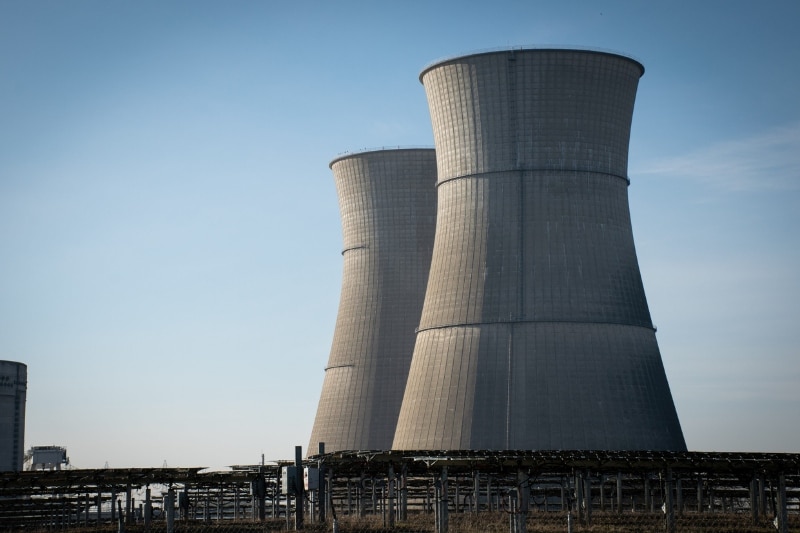A new law in Vietnam on investments through the Public-Private Partnership (PPP) model is expected to come up for final approval soon. The draft law was published by the Ministry of Planning and Investment of Vietnam in May 2019 and it has been going through the legislative process and feedback collection. The PPP law is expected to help address the rising demand for private sector funding for infrastructure projects in Vietnam.
The country is currently facing infrastructure bottlenecks in the face of rapid economic growth over the past decade and the manufacturing shift from China. According to World Bank estimates, Vietnam’s sustainable infrastructure needs will require investments of up to USD 25 billion per year. Currently, about two-thirds of Vietnam’s infrastructure spending come from public resources. But the government has been running a budget deficit in recent years and it has a self-imposed target that limits its public debt to 65% of GDP. Hence, government funding alone is unlikely to be able to meet the infrastructure requirements. Private sector could step in to address this gap and a well-designed PPP can act as the key enabler.
The draft law would expand the sectors where PPP projects are permitted, precluding PPP projects which may have a “major impact” on the environment such as nuclear power plants and projects which use land in a national park, preservation area or watershed protection forest. Risk sharing would be improved with contracting state agency allowed to commit to sharing up to 50% of the shortfall between committed and actual revenue for the project in return for the private sector investors sharing up to 50% of actual revenue received above the committed revenue. State agencies will also be permitted to increase tariffs or service fees, or extend the operational term of the project if the actual revenue is lower than that agreed between the parties. The draft law also imposes a minimum equity requirement on investors in PPP projects of at least 15% of the total investment capital.
(Sources: Vietnamplus, Nhipcaudautu; Clyde & Co)

